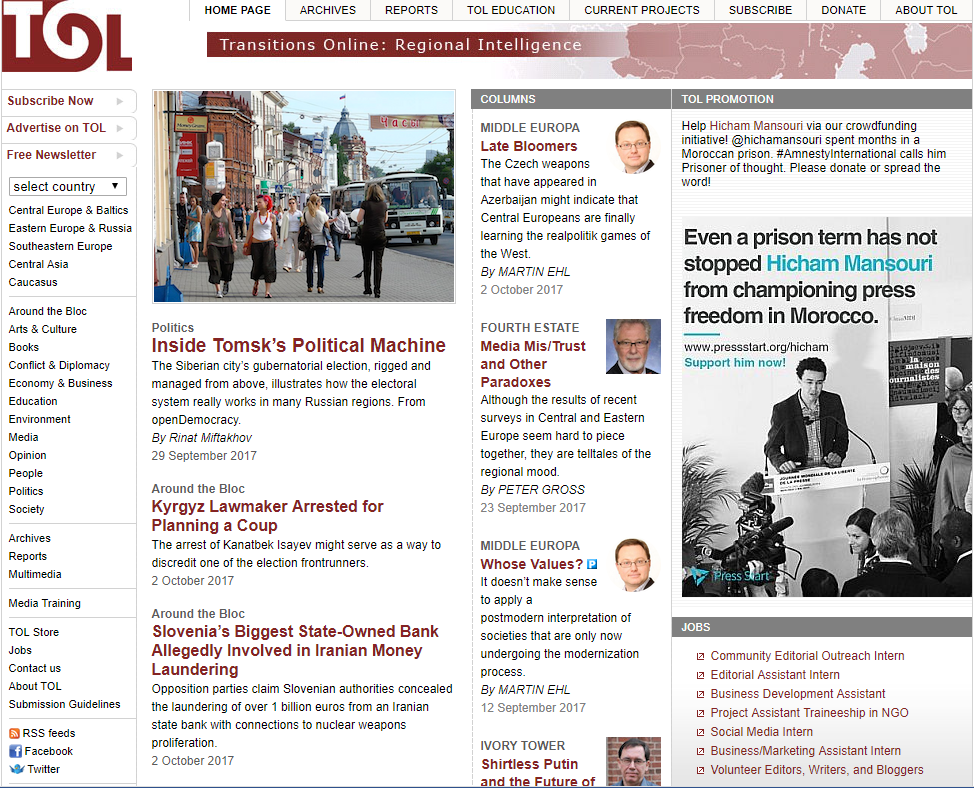
Transitions Online_Around the Bloc-Duda Pulls Semi-U Turn on Judicial Reform
Polish ruling party and European Commission likely to find fault with president’s proposals.
More...We kindly inform you that, as long as the subject affiliation of our 300.000+ articles is in progress, you might get unsufficient or no results on your third level or second level search. In this case, please broaden your search criteria.

Polish ruling party and European Commission likely to find fault with president’s proposals.
More...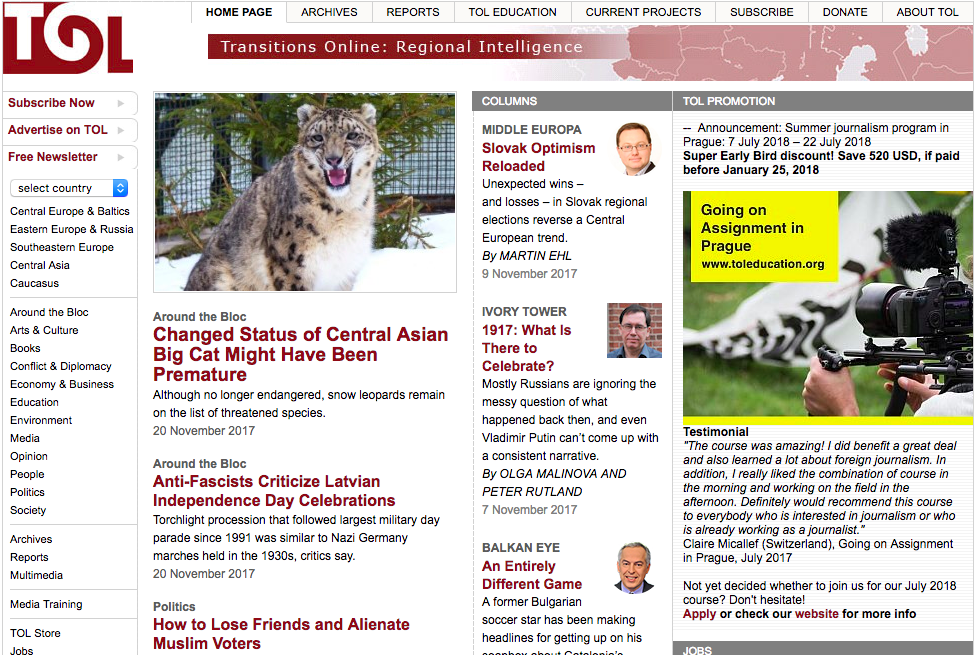
The former top Putin aide was central in the arrest of the former economy minister, but has not appeared to testify at his trial.
More...
The purpose of the article is to compare actual owners of European gas storage and transmission companies with preferred ones based on experts’ assessments from the perspective of the Energy Union dimensions. Tasks of the research include explaining the topicality of the research, collecting data on owners of European gas storage and transmission companies, grouping companies in accordance with their ownership structures, obtaining expert assessments on preferred owners of the companies, comparing actual owners with preferred ones as well as drawing corresponding conclusions. Methods used area single linkage cluster analysis, structured expert interviews, analytic hierarchy process, monographic method, document analysis, case study method, literature review and others. The research covers gas storage and transmission companies in Europe, which are members of the Gas Infrastructure Europe Association. Companies are grouped into clusters according to the shares of the defined types of owners. Experts with sufficient knowledge on five dimensions of the Energy Union were interviewed in order to obtain assessments of preferred owners for the companies subject to research. Expert interview results were processed by using the analytic hierarchy process. At the final stage of the research, actual owners were compared to preferred ones derived from expert assessments and corresponding conclusions drawn. Six various clusters of gas storage companies and seven ones categorising transmission companies were identified while fifteen companies were defined as outliers. Apart from holdings by states of establishment, which constituted the most of observed cases, in many other instances both other European Union state as well as non- EU state holdings were revealed in the companies subject to research. Expert assessments processed by the analytic hierarchy process revealed the most and the least preferred clusters from the perspective of the five dimensions of the Energy Union.
More...
The Eurozone crisis has had a profound impact on representative democracy in Europe. On the one hand, the European Parliament has been largely marginalised in the area of the European Union’s economic governance; on the other hand, core competences of national parliaments have also been challenged by the executive-driven reforms. The crisis has also led to a differentiation in the position and strength of national legislatures and caused an unprecedented asymmetry between parliaments of the Eurozone. The main dividing line is the ‘status’ of debtor or creditor states. The biggest winner in securing its powers seems to be the German Bundestag, which owes its position to a series of judgements of the German Federal Constitutional Court. A growing asymmetry between national parliaments brings a new dimension of the democratic deficit: the strengthening of the Bundestag’s oversight competences is not a ‘win-win situation’, which contributes to the strengthening of parliamentary democracy in Europe because it brings serious ‘side-effects’: it undermines the position and competences of debtor states’ parliaments. This creates tensions between democracies with respect to two core components of democracy: congruence and accountability, and thus poses new challenges for democratic legitimacy at national and European levels. The increasing differentiation and asymmetry between parliaments create the effect of domination and deepen the democratic deficit, not only at the European level but also in some member states. The question whether and how these tensions can be alleviated remains open. Recently, one of the most frequently discussed ideas to address the democratic deficit problem has been the one of a strengthened interparliamentary cooperation which, however, seems to bring as many hopes as challenges.
More...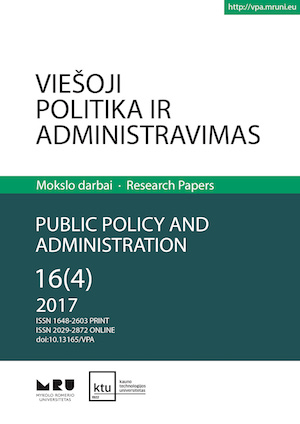
„Europe 2020- A strategy for smart, sustainable and inclusive growth” is a long term programme of socio- economic development of European Union for 2010 – 2020. The present study is to examine the process of implementation of Europe 2020 Strategy indicators as regards social exclusion and poverty combating in Poland and other EU countries, as well as setting trends in this area and forecasting the objectives implementation period for the EU as a whole and for Poland individually. Another objective of the research is categorizing the EU countries as regards the similar level of measures describing the social exclusion phenomenon by means of TOPSIS and Ward’s methods. The research period is 2005-2015.
More...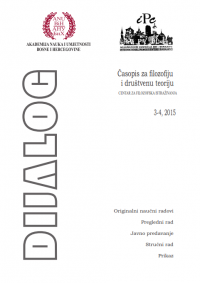
European Union is on crossroad. According to the “White book” of the European Commision there are five scenarios in the game which can be un¬derlined by the need for reforms in the circle of those EU countries that are capable and willing to do deeper integration. Those scenarios implies both “the EU with two speeds” – that is consist of “core of the EU” and their “pe¬riphery”. On the opposite side, however, are the plans of the “Visegrad Group” countries that are advocating the return of the sovereignty to the EU members and lowering the importance of the European decision-making levels, which simultaneously means the acquittal of the EU and the starting of the dissolu-tion. Crude geopolitical games in the world and contradictory internal devel¬opment of the EU also have economic, financial and political aspects as well as value dimensions. Thus, in this new “Cold War” or “post-truth era” of the “fake news”, many of the members of the EU were thinking that EU is not worth of further engagement. That was especially on the mind of the “new” EU countries although they have made huge profits by being a member of the Union. Unfortunately, in the “Western Balkans” countries it had seemed that the alternatives to the future out of the EU is possible in close connection with some other important players on the “big chess board” so, they started to demonstrate repulsiveness against transnational networks in the EU and other kind of diseases such as unfulfilled sovereignty, just like the countries of the “Visegrad Groups” are doing. In this public lecture, the contradictions in the world and within the EU are being deconstructed after which follows the logic which has taken the lead in the so-called the EU’s birthday summit in Rome on March 25, 2017 in an unanimously adopted document called the “Rome Declaration”, which stated that the existing acquis is binding for all but that it is important to seek inclu¬sive reforms that would include and those EU members in the “coalition of the willing” that are leaving the opportunity to join other members to the Union when they are ready for such thing. In these outlines, filled with uncertainties and threats, more thoughtful reform projects are expected, which are expected to be proposed in the form of the “two-speed EU” model, which Juncker, Ma¬cron and Merkel are de facto pledging for as well as explicit and respectable academics like Habermas and others. In this context, public lecture includes and important impulses such as the Manifesto of the Movement for Democra¬tization of Europe (DIEM25) and the European “Political Utopia” presented in the book by Ulrike Beate Guérot “Why Europe must become the Republic”. Certain answers are still to be expected…
More...
Purpose of Research. The purpose of the article is to outline the theoretical directions of the study of gastro-diplomacy as an important area of the modern cultural policy, focusing on the emphasis on the practical actions of the state in this sphere, particularly Ukrainian one. Methodology. The methodology of the research includes the combination of general scientific methods of analysis and synthesis. The author uses the heuristic potential of the combination of historical, cultural and other approaches to study the essence of the phenomenon. Scientific novelty. The author is the first who analyses the concept of culinary diplomacy within modern Ukrainian cultural studies. In addition, the author proposes the practical measures of the state in this sphere, particularly in Ukraine, as the most important means of promoting the country's cultural traditions. Conclusions. In our opinion, in the cultural policy, our state must do the following steps: to prepare various specialists in cultural and culinary diplomacy to represent Ukraine as the a special cultural attaché in the EU; to organise and coordinate the cooperation between the state and private sponsors in this area, especially at the regional level; to pay more attention to introduction of different interesting local holidays, events, bizarre food, dishes and drinks on official sites of the regions; to find new resources of financing or new partners, including private ones; to combine the possibilities of their own cultural organizations and countries partners’ ones, involving the cultural institutes and diplomatic workers; to accompany the cultural events of the country with the representation of its national dishes and drinks. Finally, first of all, the state must understand the value of culinary diplomacy for the creation of its image, its recognition and promotion of the national culture in the world.
More...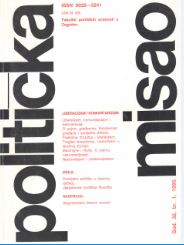
Review of: Metka Arah "Evropska unija: Vizija političnega združevanja#; Arah Consulting, Ljubljana, 1995.,431 p. by: Radovan Vukadinović
More...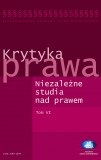
The increased effectiveness of competition law enforcement has contributed to the appearance of an atypical type of cartel, which engages not only competitors, but also their common supplier (or retailer). The so called hub-and-spoke cartel consists in the exchange of strategic information between two or more horizontal competitors (spokes) via a common contractual partner active at a different level of the production/distribution chain (the hub), who often also contributes to stabilizing a cartel. Due to the existence of the vertical element of this indirect information exchange, the question arises whether it should be assessed in the same way as its direct equivalent, i.e. as a “by-object” restriction of competition, thus, not requiring an analysis of its actual effects. Although the EU institutions have not adjudicated a hub-and-spoke collusion case yet, the jurisprudence of the national courts may provide useful guidance on what the constituent elements of the hub-and-spoke collusion are and how to assess this practice under the EU competition law. The analysis of both national and EU case law allows to contend that the hub-and-spoke cartels should amount to de facto horizontal information exchange and be assessed in accordance with the “by-object” standard. However, the hub-and-spoke collusion may equally constitute a part of a normal negotiation process (e.g. bargaining) with trading partners, as well as give rise to several efficiency gains, which should be taken into account in examining the practice concerned under the EU competition law.
More...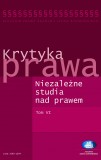
The article focuses on the rules for the operation of air services in the EU. It presents the process of liberalisation of the air services sector and analyses the particular requirements associated with the undertaking of such activities. Firstly, the author focuses on the conditions for obtaining an operating license for air transport services which are common in all Member States. Then, legal acts designed to ensure equal access to airports for all air carriers are analysed. In the conclusion, the author evaluates the introduced solutions
More...
EU regional policy is among the most important common EU policies. The aims of EU cohesion policy for the period 2014-2020 are set out in the Europe 2020 Strategy, and they concern smart, sustainable and inclusive growth. Of special importance to Serbia are EU regional policy financial instruments, in particular, the European Regional Development Fund which, inter alia, also finances cross-border cooperation projects. The Law on Regional Development stipulates that regional development shall, besides other sources, be financed from EU pre-accession funds, in the context of which the Instrument for Pre-Accession Assistance – IPA was very significant for Serbia and the Autonomous Province of Vojvodina in the period 2007-2013, while pre-accession support of IPA II Programme is expected for the period 2014-2020. Finally, the current direction of EU cohesion policy, expressed in the Europe 2020 Strategy, highlights the importance of this program for the candidate member states, as well as for the neighbouring countries, indicating that the expansion of the area of implementation of EU rules will create new opportunities, both for the European Union, and for its neighbours.
More...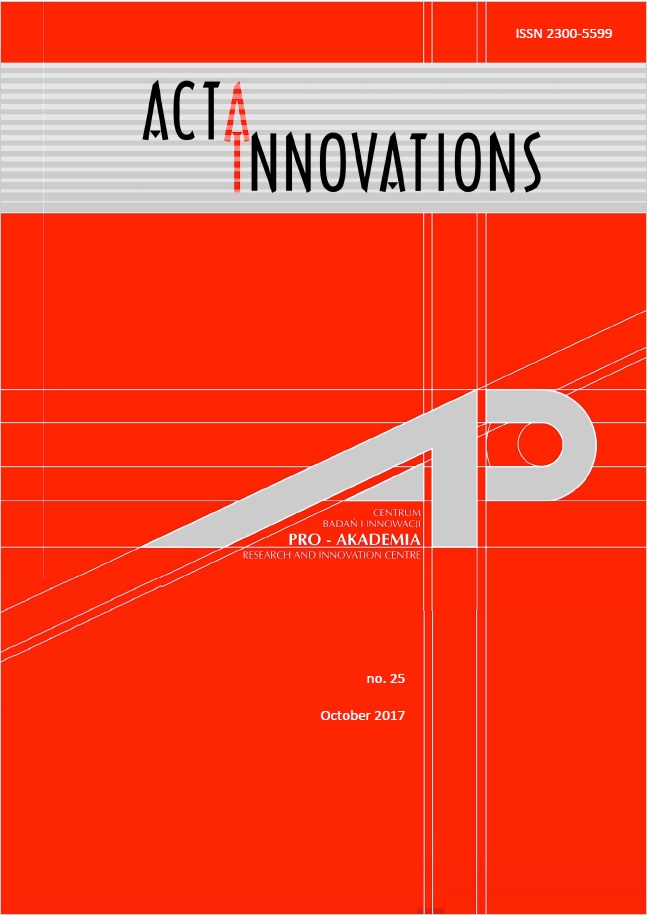
Artykuł opisuje koncepcję elektrociepłowni zasilanej biomasą, która może zostać wykorzystana w krajach Unii Europejskiej w celu sprostania nowym przepisom oraz w celu ochrony środowiska. Projekt obejmuje wykorzystanie dodatkowo energię słoneczną oraz wiatrową, jako komplementarne źródła energii odnawialnej w celu zmniejszenia zasobów biomasy niezbędnych do produkcji energii elektrycznej. Przeprowadzone zostały badania dla przykładowej jednostki zasilanej słomą, która będzie zlokalizowana w miejscowości Daszyna, w centralnej Polsce.
More...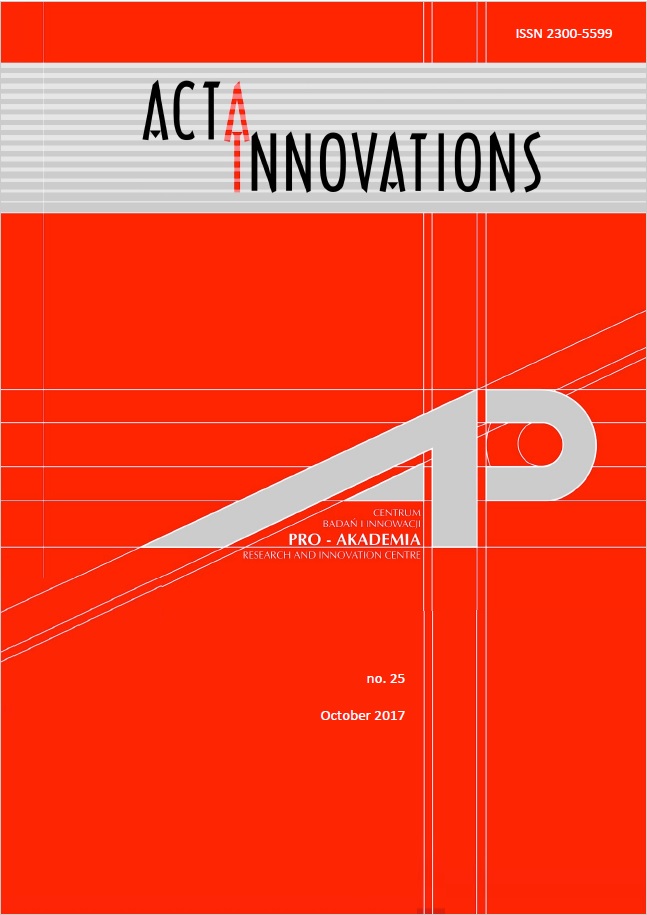
Artykuł odnosi się do kwestii innowacji społecznych jako źródła przewagi konkurencyjnej. Jak pokazuje doświadczenie krajów - liderów innowacyjności, które jednocześnie zbudowały dla swoich mieszkańców najbardziej przyjazne warunki do życia, idea open innovation, przedsiębiorczość społeczna, zachęty do kreatywności i interdyscyplinarności w dużo większym stopniu decydują o sukcesie gospodarczym niż posiadane zasoby kapitałowe czy surowce naturalne. Omówiono relacje pomiędzy kapitałem intelektualnym a kapitałem społecznym, wskazano źródła innowacji i dokonano analizy sytuacji sektora badań i rozwoju (B+R) w Polsce na tle Unii Europejskiej. W podsumowaniu znalazła się konkluzja, że dla przyspieszenia rozwoju cywilizacyjnego w Polsce konieczne jest szeroko rozumiane partnerstwo publiczno-społeczne i nie jest to postulat „społecznikowski", lecz nowoczesne podejście pro-innowacyjne.
More...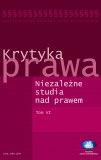
Problematyka bezpieczeństwa może być postrzegana w ramach Unii Europejskiej w dwu płaszczyznach. Zjednej strony chodzi tu o bezpieczeń- stwo zewnętrzne, z którym związana jest Wspólna Polityka Zagraniczna i Bezpieczeństwa (WPZiB)1 . Z drugiej strony chodzi o bezpieczeństwo wewnętrzne, eksponowane w ramach Przestrzeni Wolności, Bezpieczeństwa i Sprawiedliwości (PWBiS)2 . Choć więc „bezpieczeństwo” tworzy pewną jednolitą kategorię pojęciową3 , to jednak należy uwzględnić, że – z punktu widzenia polityki UE – wchodzą tu w grę dwa zjawiska i związane z nimi systemy instytucjonalne4 . Nie oznacza to jednak, że nie można analizować tego zjawiska jako całości. Zresztą mówiąc o bezpieczeństwie wewnętrznym mowa tu o polityce, która ma „zewnętrzny” charakter w stosunku do państwa, skoro realizowana jest na poziomie ponadnarodowym.
More...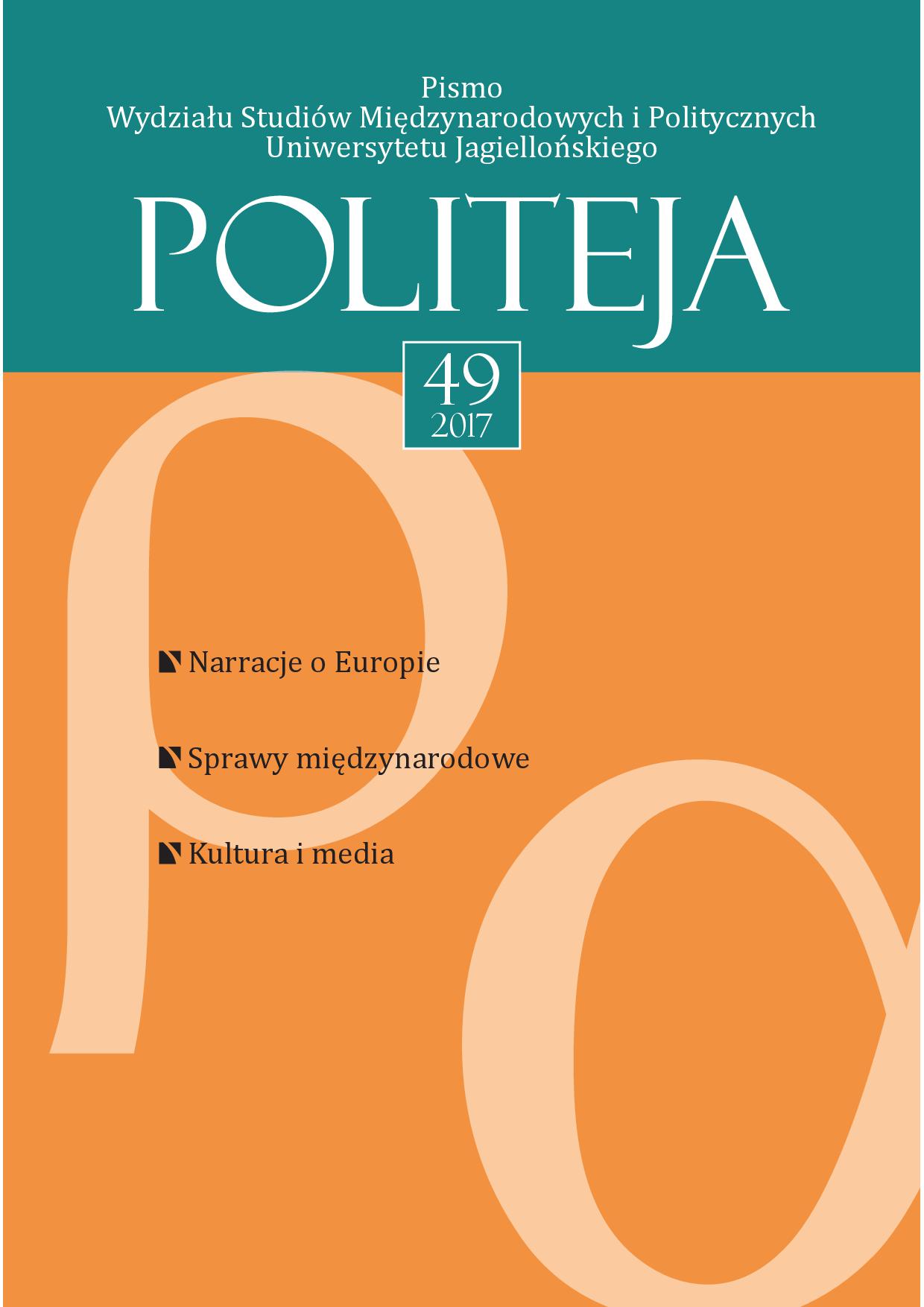
With the intention of the German, French and Polish foreign ministers tobring their countries closer together after the fall of the Iron Curtain, the Weimar Triangle was founded in 1991. This setting has enabled an institutionalised regional cooperation on the governmental level as well as between the respective civil societies. However today, in a Europe of permanent crisesand protracted uncertainty, a risky divergence between Germany, France and Poland seems to emerge. Since the Polish national elections in October 2015 has brought the right‑wing, nationalist Law‑and‑Justice‑party (PiS) into power, we are also witnessing a rising relevance of domestic political determinants for mutual contacts. Facing this new period of tension, where more closeness and trust would be required, discursive attitudes and strategies of ‘othering’ might gain ground and lead to increasing alienation. Based on the assumption that the portrayal of a country could be both the first step towards creating and obtaining a more inclusive or exclusive identity, this paper aims to find out the following: in how far are German and French media about to pre‑cook patterns of asymmetry and alienation? Or follow they rather an inclusive and comprehensible approach towards Poland? These questions are exemplified by the biggest centre‑left and centre‑right German and French daily newspapers Süddeutsche Zeitung, Frankfurter Allgemeine Zeitung, Le Monde and Le Figaro, whereas the corpus of data is limited to the period of the year 2016. By making use of the critical discourse analysis, this paper provides information about to what extent Poland is considered to be a close and indispensable partner as well as to where we can identify mechanisms of putting the country aside as a significant other.
More...
When we think about the principles organizing the life of a community, we usually refer them to particular areas: social, political, moral, economic… There are, however, principles that seem to be total. As they define all domains of social life,governed by the particular principles, they can be called ‘metanarrations’. In this paper, I explore the possibility of finding such fundamental principles that couldunify and organize Europe. I assume that they must exceed (national) particularism without approaching (cosmopolitan) universalism, since the ‘Europeanhomeland’ – if it exists (and/or should exist) – must be the unity in plurality anddiversity. Basing my considarations on the works of Hannah Arendt, who in turn refers to the experience of Greek polis, I argue that the idea of freedom, closely related with direct participation in government, might be the principle needed. Following Arendt, I point out that this principle means not only that no one can be ruled by anyone, but also that no opinion, no idea and no way of living and thinking can rise ultimately above others; none of them, in otwher words, can turn into truth.
More...
Under the influence of the crisis of 17 July 2009, Iceland presented its applicationfor accession to the European Union, and a year later began accession negotiations. However, a problematic issue is catch limits as instead of 200‑mile fishing belt they won during the Cod Wars there would be just 12 miles of fisheries intended for Icelanders. Therefore, the accession negotiations stood at a standstill,the more that the current situation of the euro does not encourage Icelandto join the EU. Recently it turned out that Iceland does not want to join the European Union. In this article, I introduce arguments for and against Iceland joining the European Union. I introduce the economic, political and social situation in Iceland based on my own research on the island from 2010. In 2013,I completed a journalism internship in the editorial team of the Icelandic weekly Reykjavik Grapevine.
More...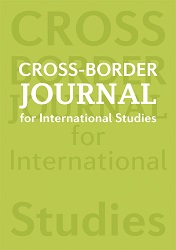
The terms "integration" and "security" have been claimed by many academics and practitioners. In order for the eternal debate on European security, where integration meant only international co-operation, to give way to the one on the political integration of Europe, it is therefore necessary to converge currents of thought that have always been different. The problems posed by neutral countries lie not so much in the adhesion of the latter to the idea of structured cooperation, but rather in the possibility of applying the mutual assistance clause, which implies that all European countries provide military participation, as soon as one of them is assaulted.
More...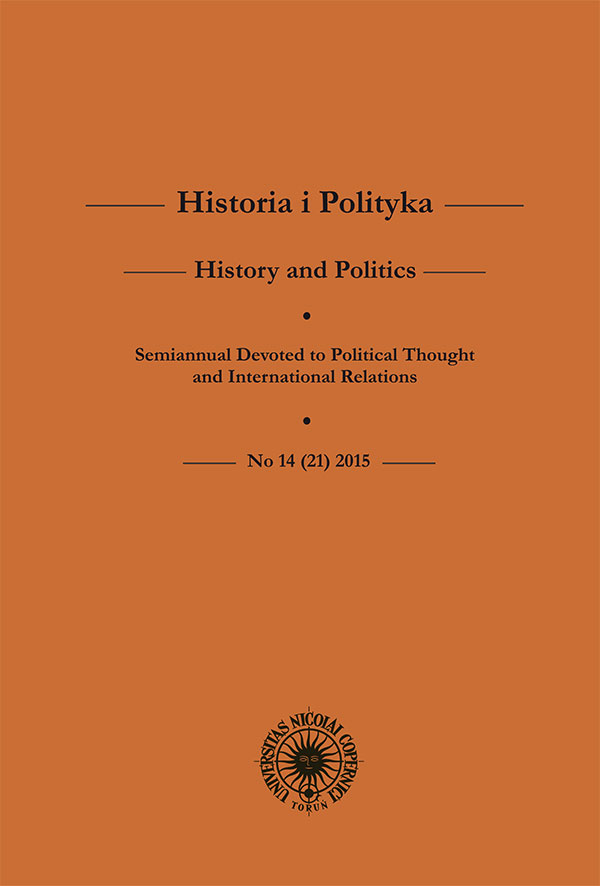
The article deals with the legal framework of the European Union, aimed at regulation and promotion of volunteering. We investigate the availability of legislative documents in the community of each country and analyze the factors that influence the willingness or reluctance of young people to get involved in volunteer projects. The basic problems on the way of popularizing volunteer activity and the core issues of youth volunteering in Ukraine are determined.
More...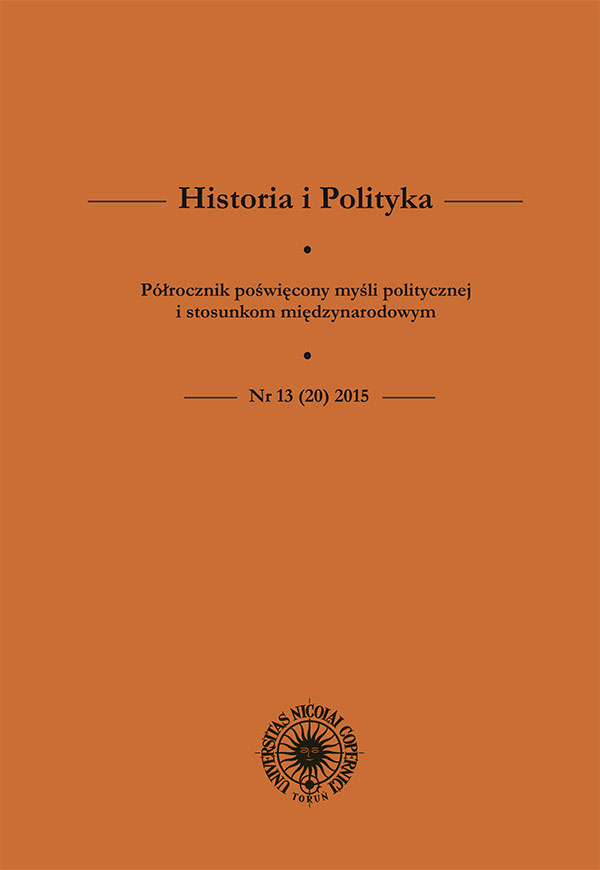
The aim of the research carried out within the framework of the present article is a detailed analysis of the origin, formation, and development of Poland and Ukraine’s twin cities’ compounds. The main attention will be focused on the historical aspects of identification of Ukrainian and Polish town twinning cooperation development. An important part of this work will cover the determination of the spatial aspects of Ukraine and Poland twin cities’ development cooperation
More...